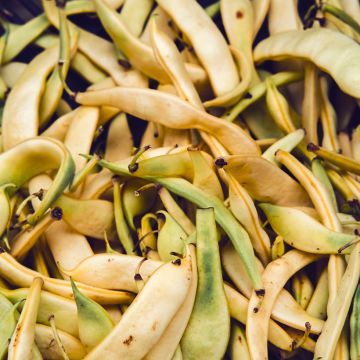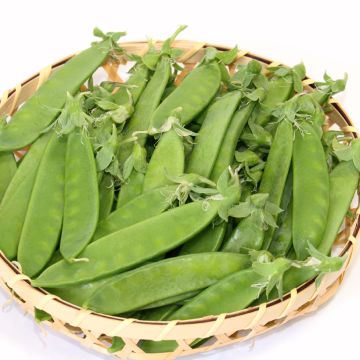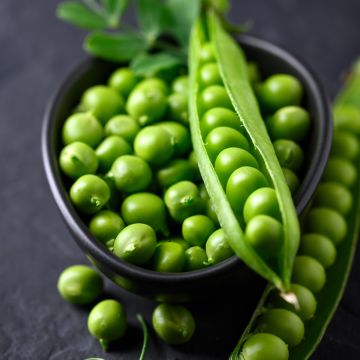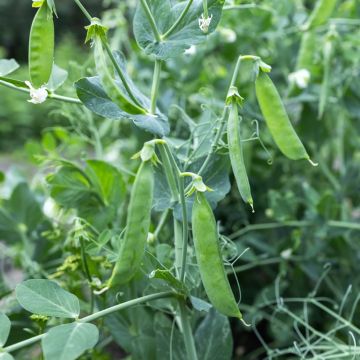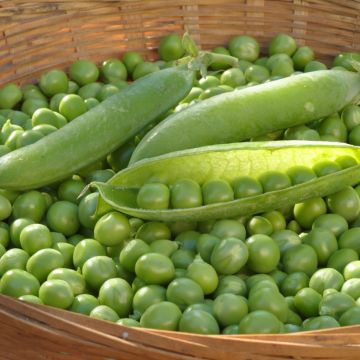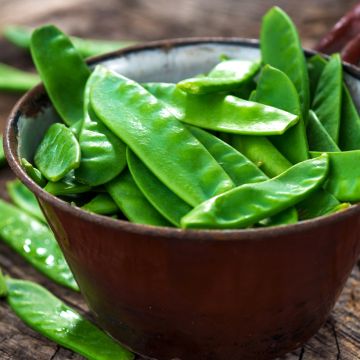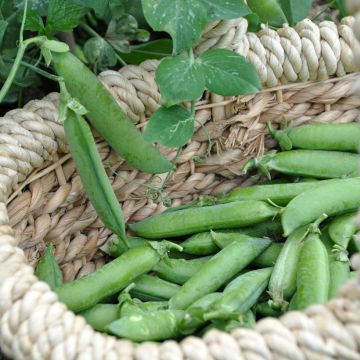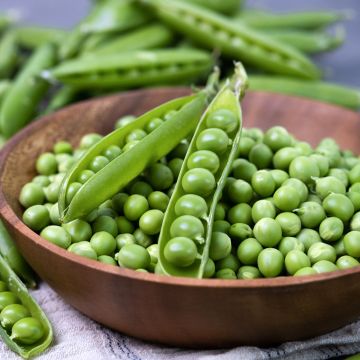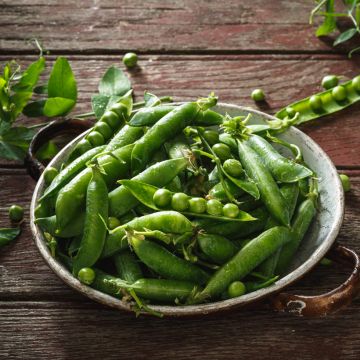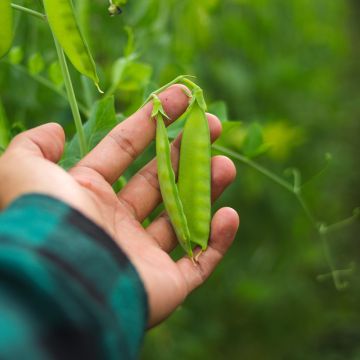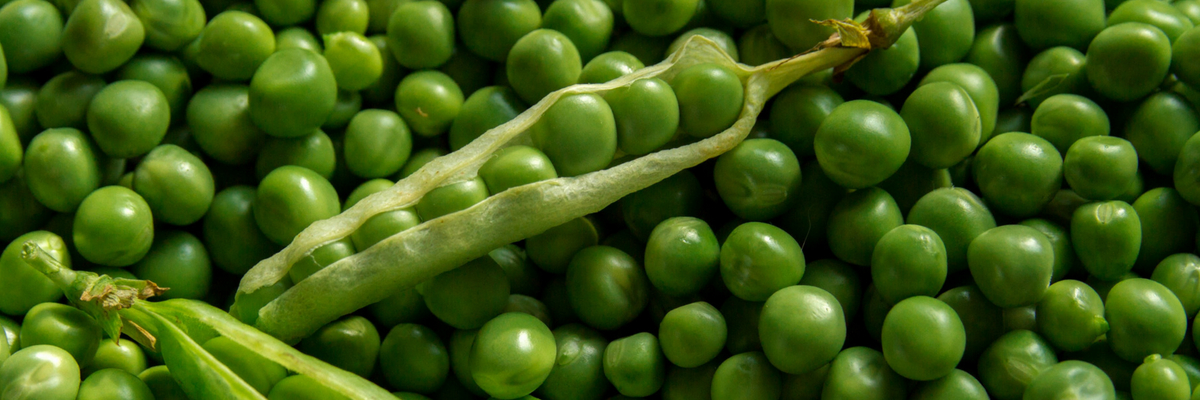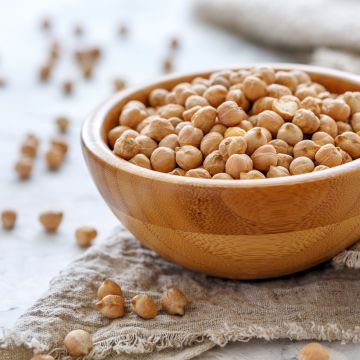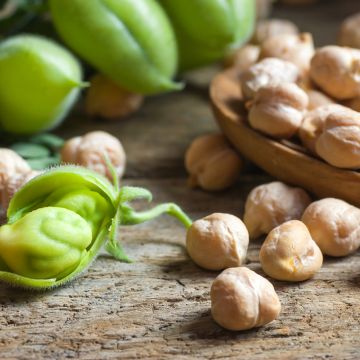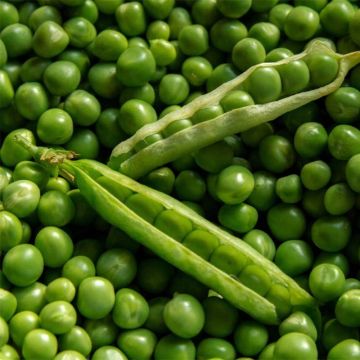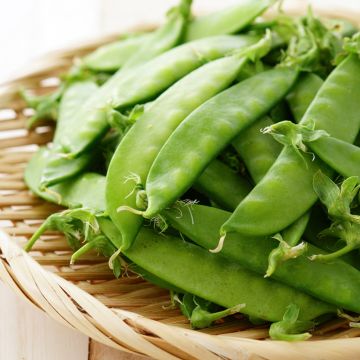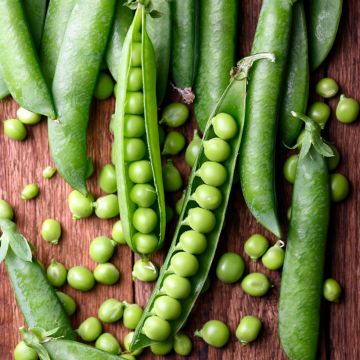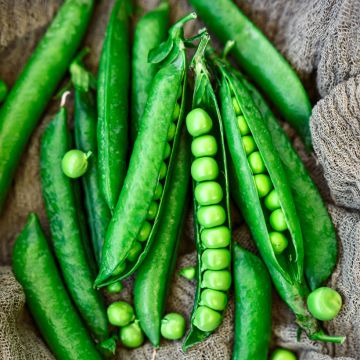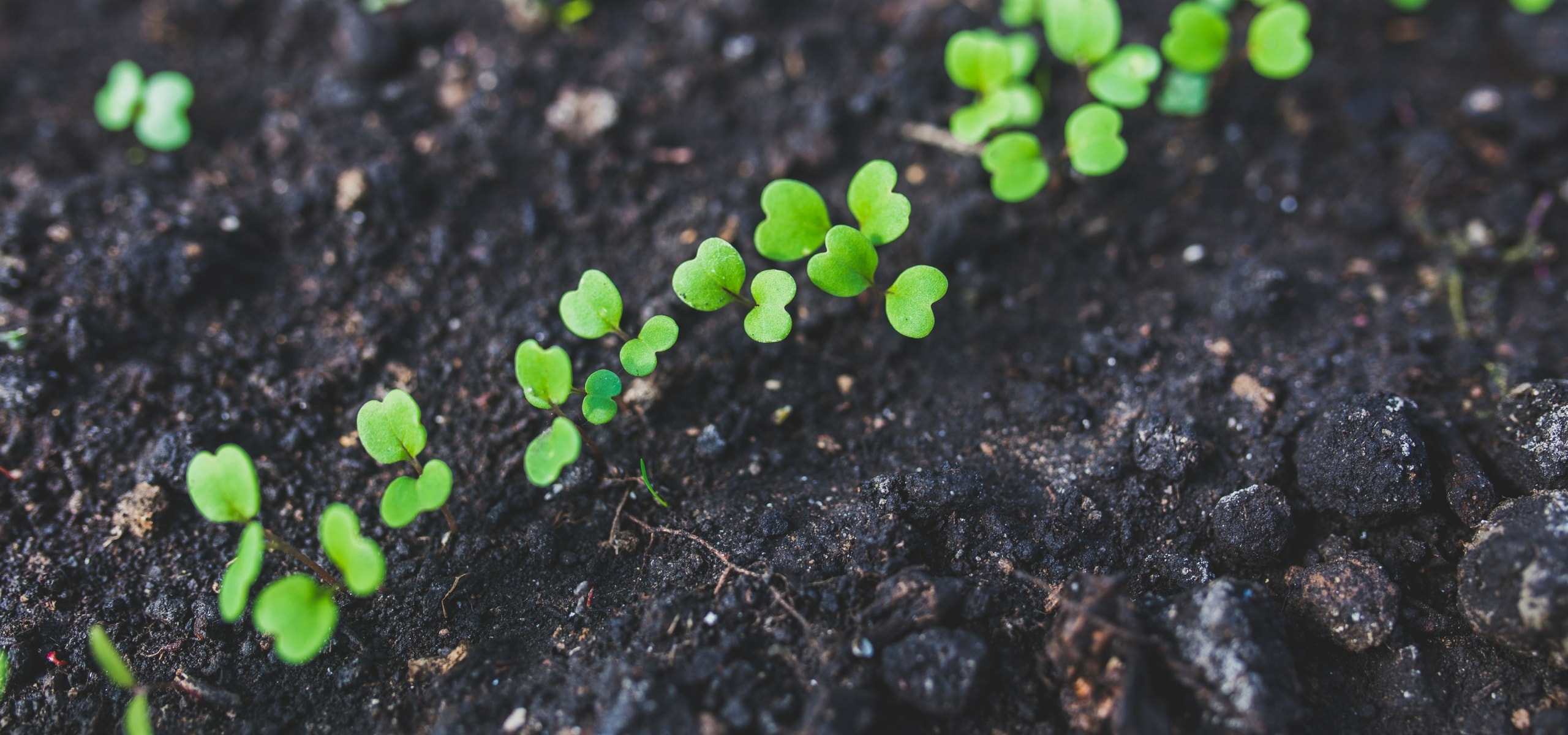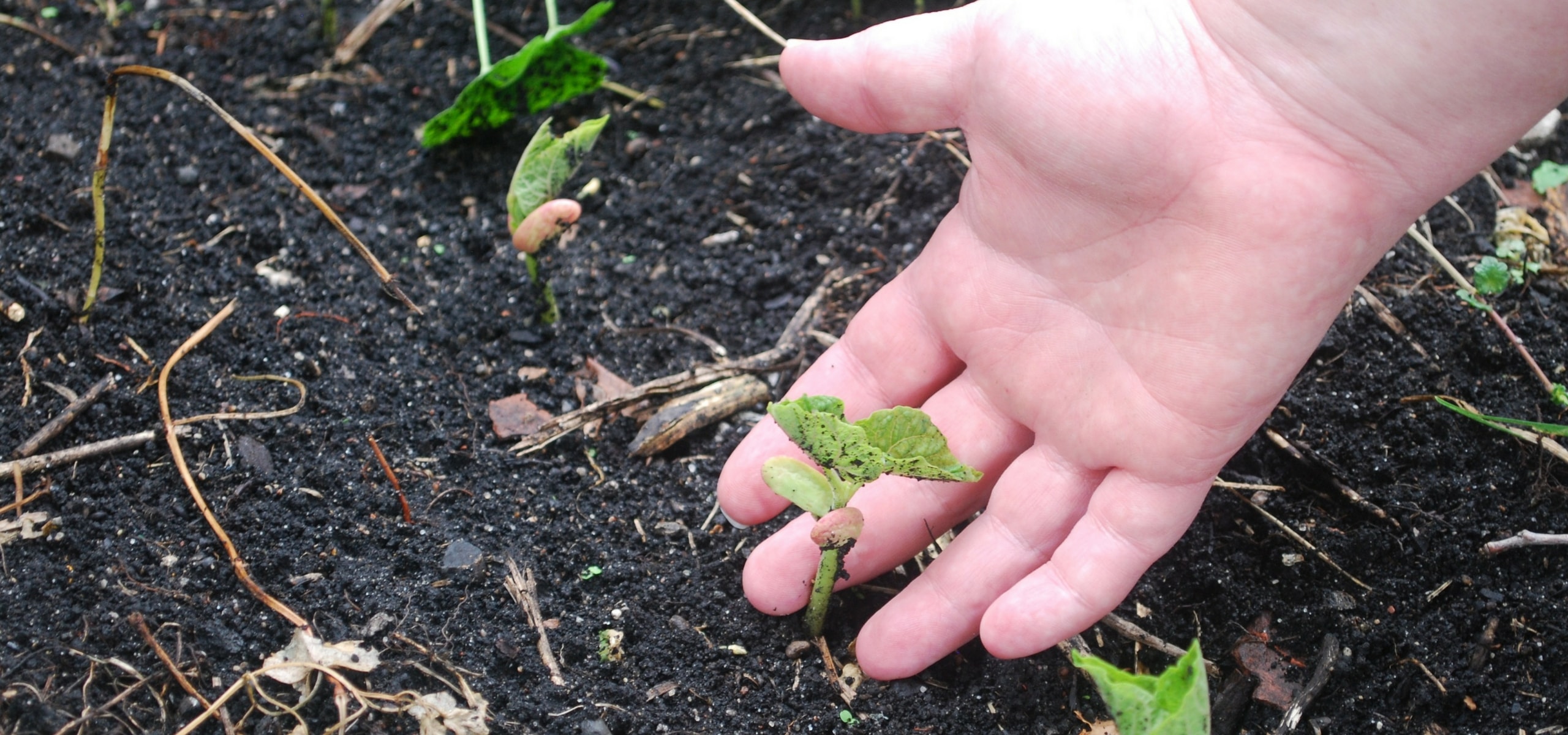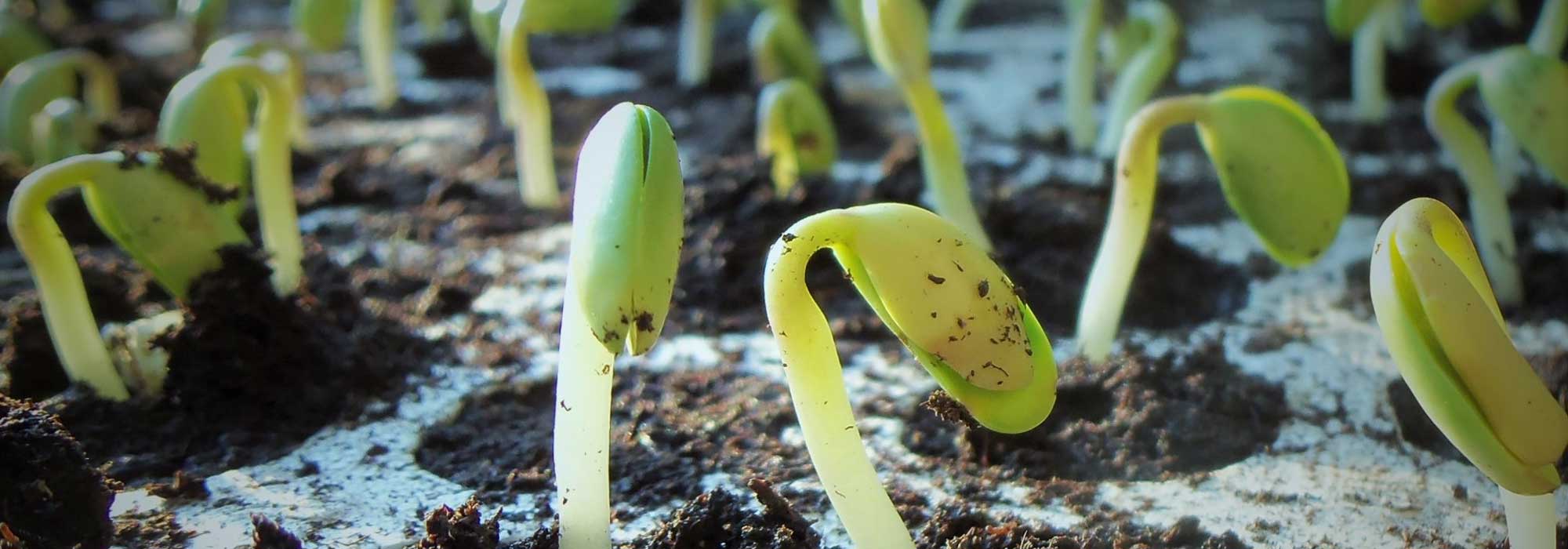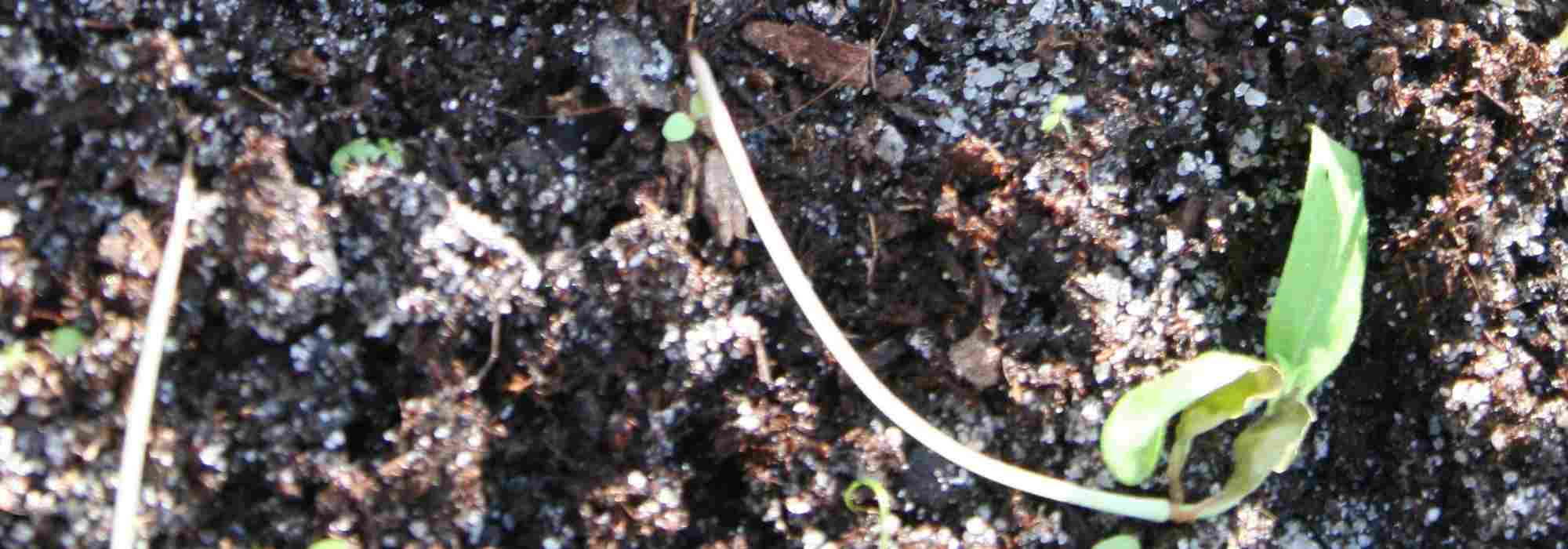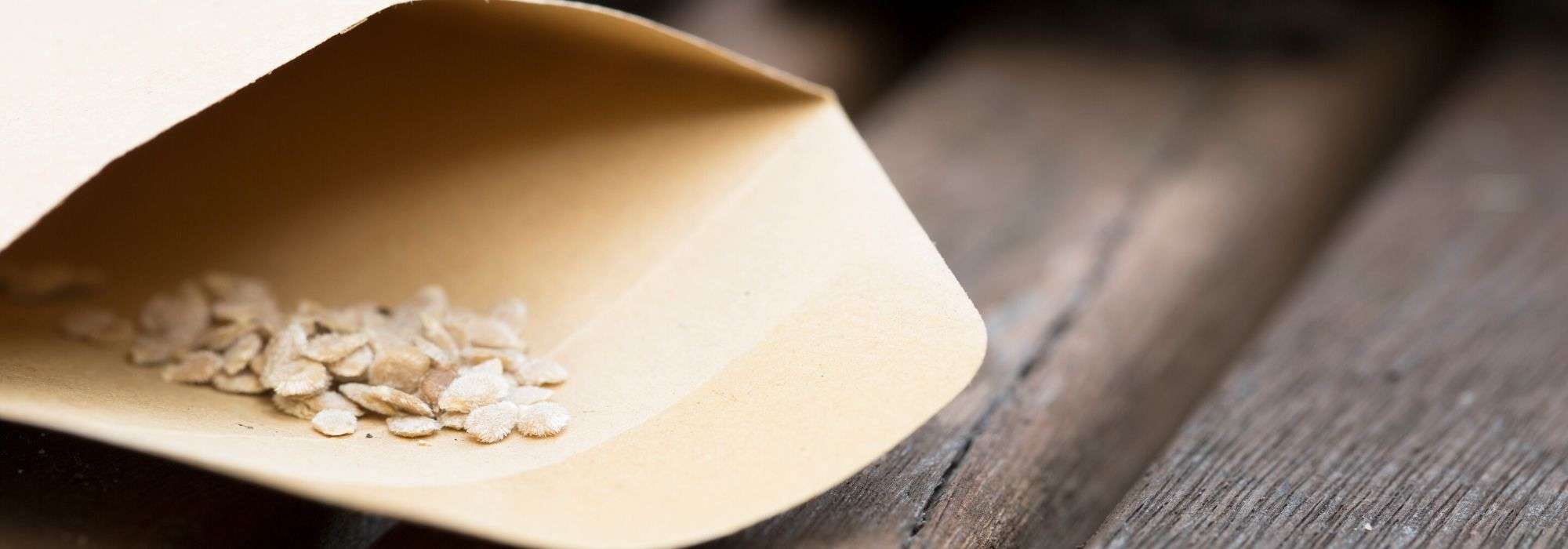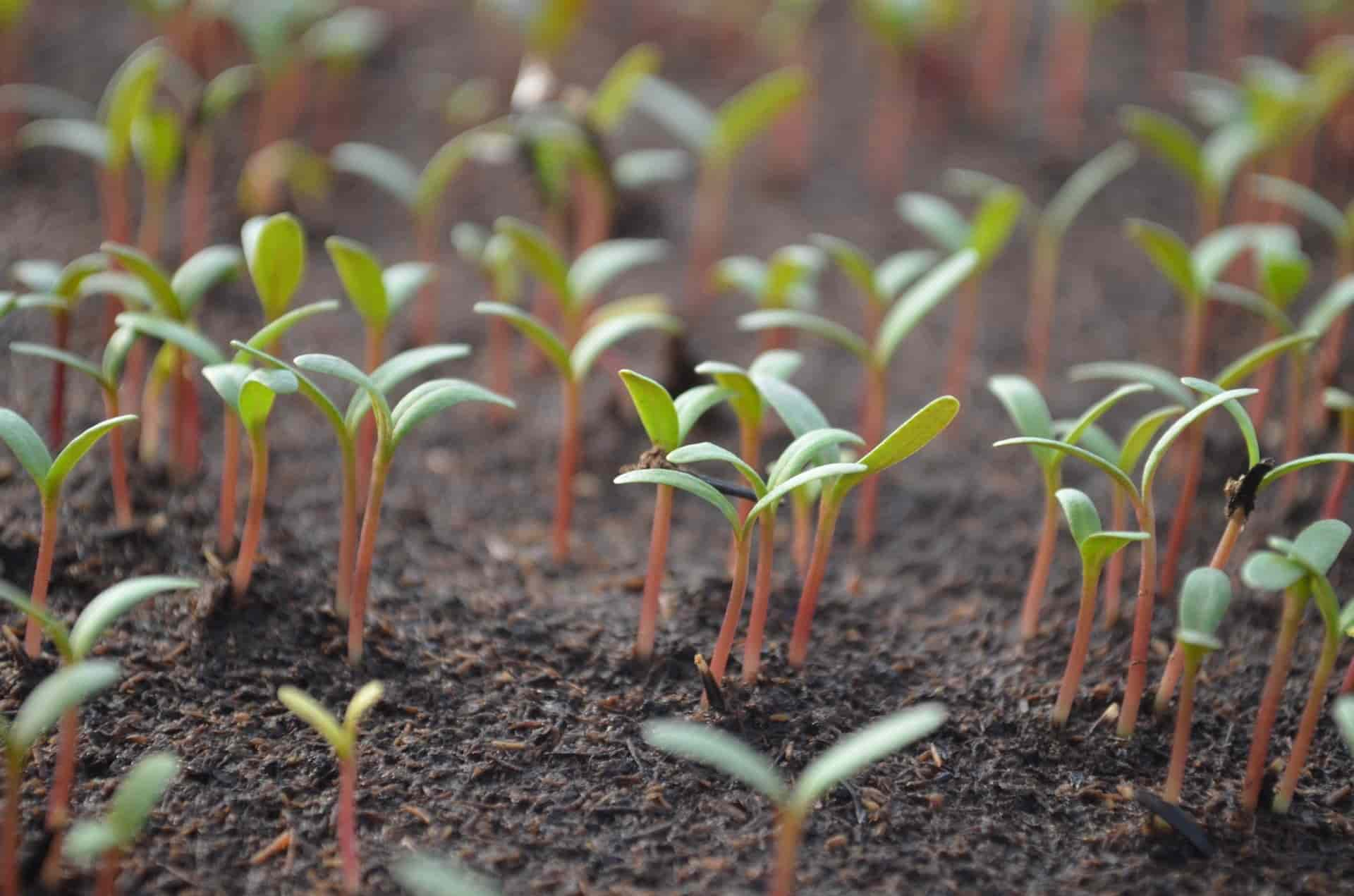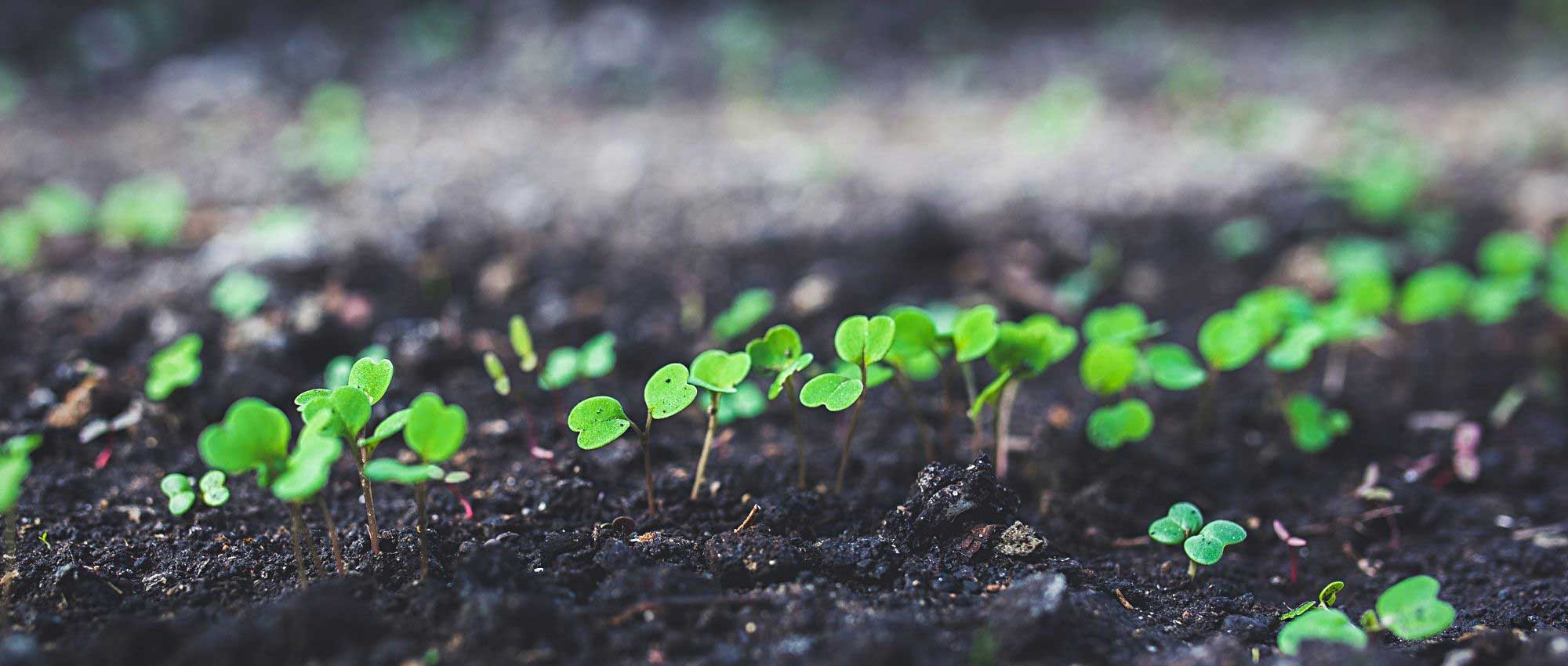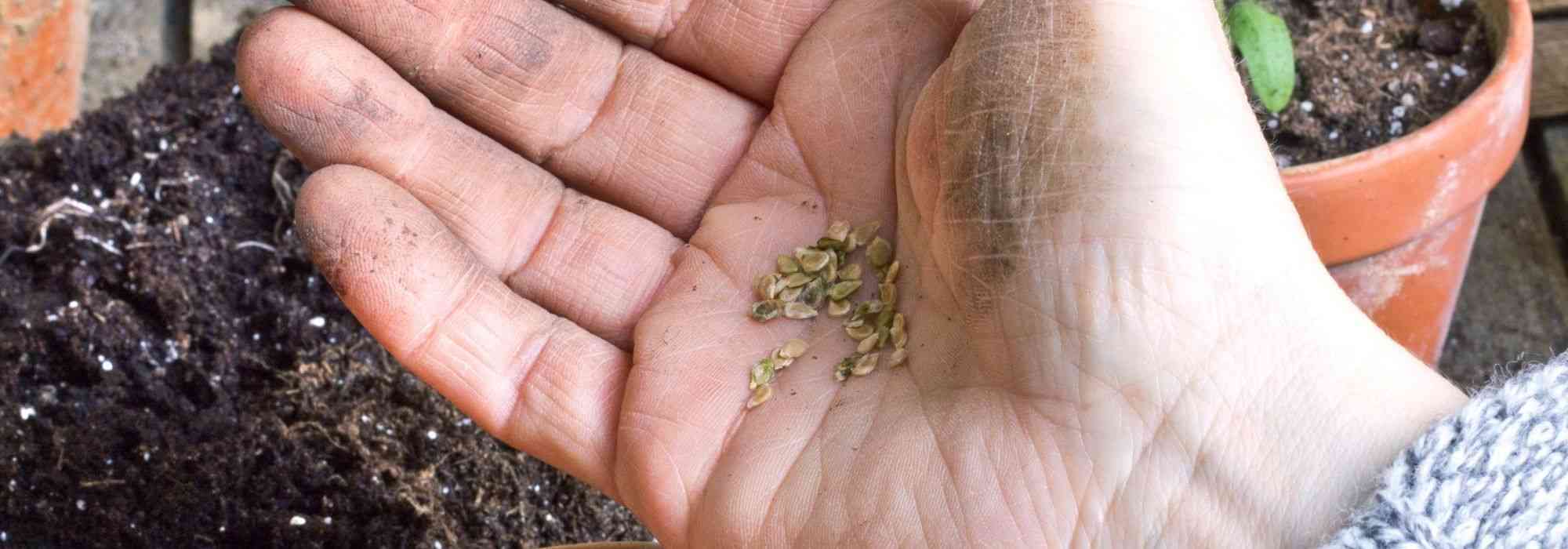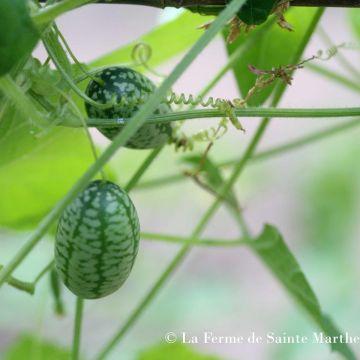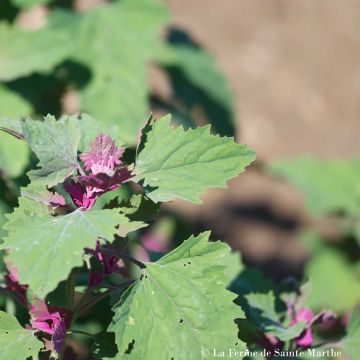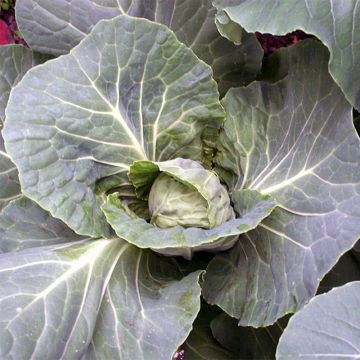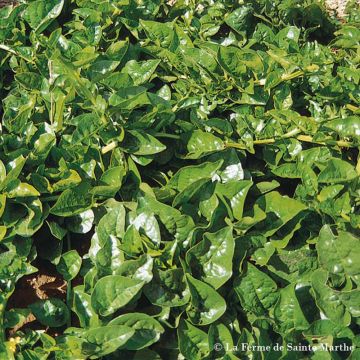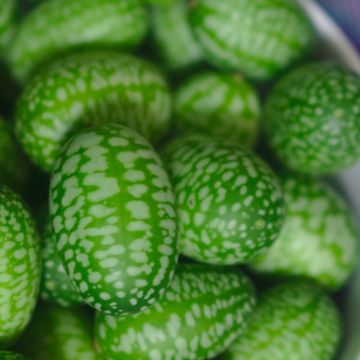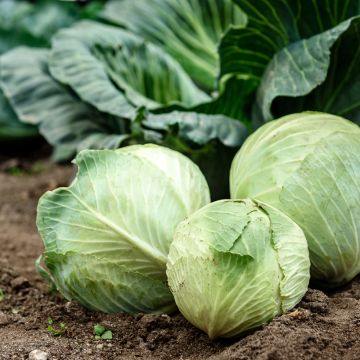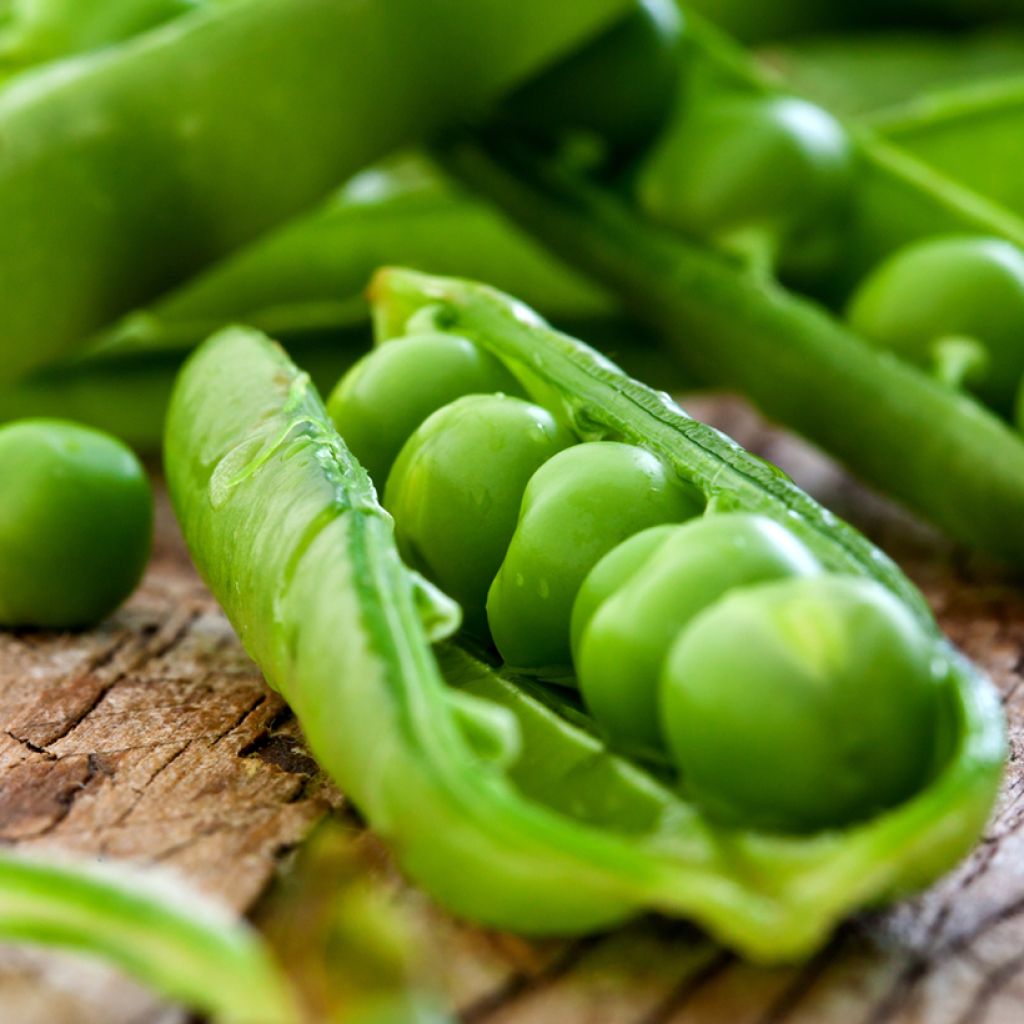

Organic Early Dwarf Pea Proval
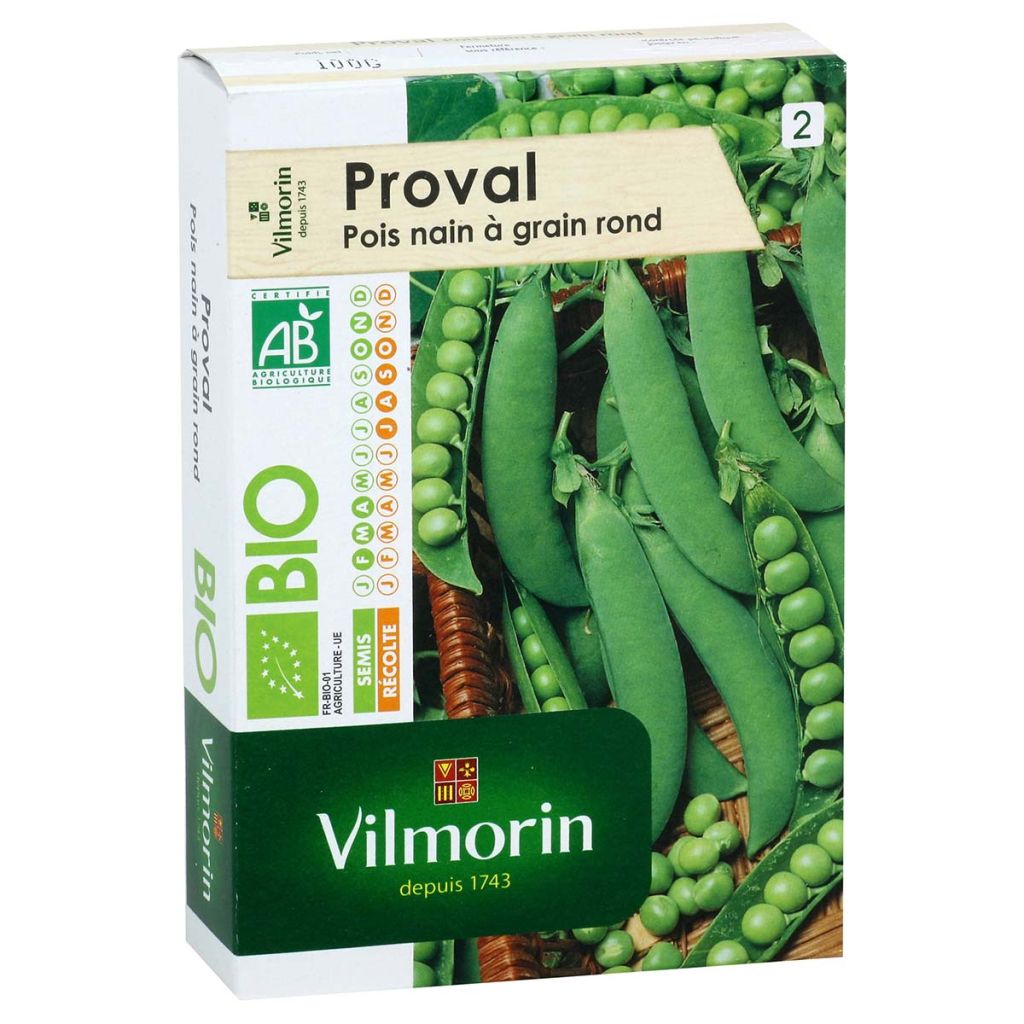

Organic Early Dwarf Pea Proval
Organic Early Dwarf Pea Proval
Pisum sativum Proval
Garden pea, Green pea, English pea
Special offer!
Receive a €20 voucher for any order over €90 (excluding delivery costs, credit notes, and plastic-free options)!
1- Add your favorite plants to your cart.
2- Once you have reached €90, confirm your order (you can even choose the delivery date!).
3- As soon as your order is shipped, you will receive an email containing your voucher code, valid for 3 months (90 days).
Your voucher is unique and can only be used once, for any order with a minimum value of €20, excluding delivery costs.
Can be combined with other current offers, non-divisible and non-refundable.
Why not try an alternative variety in stock?
View all →This plant carries a 6 months recovery warranty
More information
We guarantee the quality of our plants for a full growing cycle, and will replace at our expense any plant that fails to recover under normal climatic and planting conditions.
Description
Pisum sativum 'Proval' is a dwarf variety (60cm (24in)) with round peas. It develops slightly curved, pointed pods that contain 7 to 8 large peas. This hardy and early variety provides excellent yields from April to July.
The pea is an annual vegetable plant that has a very ancient origin in the Near East. It is one of the oldest vegetables cultivated in Europe and Asia and was long consumed dry, crushed before cooking. Its fresh consumption is rather recent, and its nutritional and gustatory qualities make it an excellent spring vegetable.
There are many varieties. They are either dwarf or climbing (pole) peas, that produce pods containing round, wrinkled, or smooth peas. Either the pod must be shelled, or it can be consumed whole.
For shelling peas, the pod is not suitable for consumption as it is parchment-like. It must therefore be shelled. Shelling peas include many different varieties: wrinkled peas, which are sweeter and more heat-tolerant, and smooth or round peas, which are more suitable for early cultivation as they are hardier and less sensitive to humidity. In the vegetable garden, smooth peas are sown first, and wrinkled peas are sown later.
The "mangetout" or "gourmand" pea bears non-parchment-like pods that are edible in their entirety. They are harvested before the complete formation of the peas. Later, it can be shelled to be consumed like a fresh pea.
Crunchy peas can also be found, which are sweeter. The peas are consumed with their pods.
Peas like mild and humid climates. They fear extremes: heat, frost, lack and excess of water.
Harvest
Depending on the earliness of the varieties, peas are harvested between two and a half and four months after sowing.
Pick shelling peas when the pods are full but still green. This is usually about twice a week.
Storage
Fresh peas can be stored, unshelled, for 48 hours in the vegetable drawer of a refrigerator.
Round peas have a finer flavour. They are more suitable for canning or freezing.
The gardener's tip
Like all plants in the Fabaceae family, peas enrich the soil with nitrogen. They are part of a four-year rotation. Peas are low-nutrient-demanding plants. Peas also work very well with carrots, celery, cabbage, turnips, potatoes, and radishes as they mutually protect each other. Avoid the presence of alliums or fennels as their growth inhibits each other.
Harvest
Plant habit
Foliage
Botanical data
Pisum
sativum
Proval
Fabaceae
Garden pea, Green pea, English pea
Cultivar or hybrid
Annual
Other Pea seeds
View all →Planting and care
Sowing
Before sowing, you can soak the seeds in a little water for 24 hours to stimulate germination.
For this smooth variety, you can sow in autumn around October-November for an early harvest in April, or sow from mid-February to late April for a summer harvest. Even though this variety can germinate in cold weather, it is wise to protect the seedlings with a forcing cover that will create a favourable microclimate for uniform germination. This will also protect the young plants from birds.
Using a hoe, create furrows 2 or 3cm (1in) deep, spaced 40cm (16in) apart. Space the seeds 2cm (1in) apart, cover with soil, press down with the back of the rake, and water with a fine spray. Do not thin out.
Watering
A few days after germination, weed along the rows. Water with a watering can fitted with a rose to avoid compacting the soil.
Once the plants have grown, mulch the soil after a rainy period.
Do not let the soil dry out, as peas appreciate moisture. They need regular moisture from sowing to flowering and pod formation. If there is water stress, the yield is affected. The flowers drop and the pods do not ripen. The flowers abort in case of excess water. Maintaining moisture like this helps limit thrip infestations.
Maintenance
Three to four weeks after seedling emergence, carefully hoe and mound up the base of the stems with about 10cm (4in) of soil to encourage better rooting. Set up supports such as branches (willow, hazel, privet), netting, or trellis. Even dwarf varieties need support so that they don't sag.
Pinch the stems of dwarf peas above the fifth or sixth group of flowers to hasten production.
Seedlings
Care
Intended location
Planting & care advice
This item has not been reviewed yet - be the first to leave a review about it.
Similar products
Haven't found what you were looking for?
Hardiness is the lowest winter temperature a plant can endure without suffering serious damage or even dying. However, hardiness is affected by location (a sheltered area, such as a patio), protection (winter cover) and soil type (hardiness is improved by well-drained soil).

Photo Sharing Terms & Conditions
In order to encourage gardeners to interact and share their experiences, Promesse de fleurs offers various media enabling content to be uploaded onto its Site - in particular via the ‘Photo sharing’ module.
The User agrees to refrain from:
- Posting any content that is illegal, prejudicial, insulting, racist, inciteful to hatred, revisionist, contrary to public decency, that infringes on privacy or on the privacy rights of third parties, in particular the publicity rights of persons and goods, intellectual property rights, or the right to privacy.
- Submitting content on behalf of a third party;
- Impersonate the identity of a third party and/or publish any personal information about a third party;
In general, the User undertakes to refrain from any unethical behaviour.
All Content (in particular text, comments, files, images, photos, videos, creative works, etc.), which may be subject to property or intellectual property rights, image or other private rights, shall remain the property of the User, subject to the limited rights granted by the terms of the licence granted by Promesse de fleurs as stated below. Users are at liberty to publish or not to publish such Content on the Site, notably via the ‘Photo Sharing’ facility, and accept that this Content shall be made public and freely accessible, notably on the Internet.
Users further acknowledge, undertake to have ,and guarantee that they hold all necessary rights and permissions to publish such material on the Site, in particular with regard to the legislation in force pertaining to any privacy, property, intellectual property, image, or contractual rights, or rights of any other nature. By publishing such Content on the Site, Users acknowledge accepting full liability as publishers of the Content within the meaning of the law, and grant Promesse de fleurs, free of charge, an inclusive, worldwide licence for the said Content for the entire duration of its publication, including all reproduction, representation, up/downloading, displaying, performing, transmission, and storage rights.
Users also grant permission for their name to be linked to the Content and accept that this link may not always be made available.
By engaging in posting material, Users consent to their Content becoming automatically accessible on the Internet, in particular on other sites and/or blogs and/or web pages of the Promesse de fleurs site, including in particular social pages and the Promesse de fleurs catalogue.
Users may secure the removal of entrusted content free of charge by issuing a simple request via our contact form.
The flowering period indicated on our website applies to countries and regions located in USDA zone 8 (France, the United Kingdom, Ireland, the Netherlands, etc.)
It will vary according to where you live:
- In zones 9 to 10 (Italy, Spain, Greece, etc.), flowering will occur about 2 to 4 weeks earlier.
- In zones 6 to 7 (Germany, Poland, Slovenia, and lower mountainous regions), flowering will be delayed by 2 to 3 weeks.
- In zone 5 (Central Europe, Scandinavia), blooming will be delayed by 3 to 5 weeks.
In temperate climates, pruning of spring-flowering shrubs (forsythia, spireas, etc.) should be done just after flowering.
Pruning of summer-flowering shrubs (Indian Lilac, Perovskia, etc.) can be done in winter or spring.
In cold regions as well as with frost-sensitive plants, avoid pruning too early when severe frosts may still occur.
The planting period indicated on our website applies to countries and regions located in USDA zone 8 (France, United Kingdom, Ireland, Netherlands).
It will vary according to where you live:
- In Mediterranean zones (Marseille, Madrid, Milan, etc.), autumn and winter are the best planting periods.
- In continental zones (Strasbourg, Munich, Vienna, etc.), delay planting by 2 to 3 weeks in spring and bring it forward by 2 to 4 weeks in autumn.
- In mountainous regions (the Alps, Pyrenees, Carpathians, etc.), it is best to plant in late spring (May-June) or late summer (August-September).
The harvesting period indicated on our website applies to countries and regions in USDA zone 8 (France, England, Ireland, the Netherlands).
In colder areas (Scandinavia, Poland, Austria...) fruit and vegetable harvests are likely to be delayed by 3-4 weeks.
In warmer areas (Italy, Spain, Greece, etc.), harvesting will probably take place earlier, depending on weather conditions.
The sowing periods indicated on our website apply to countries and regions within USDA Zone 8 (France, UK, Ireland, Netherlands).
In colder areas (Scandinavia, Poland, Austria...), delay any outdoor sowing by 3-4 weeks, or sow under glass.
In warmer climes (Italy, Spain, Greece, etc.), bring outdoor sowing forward by a few weeks.






























